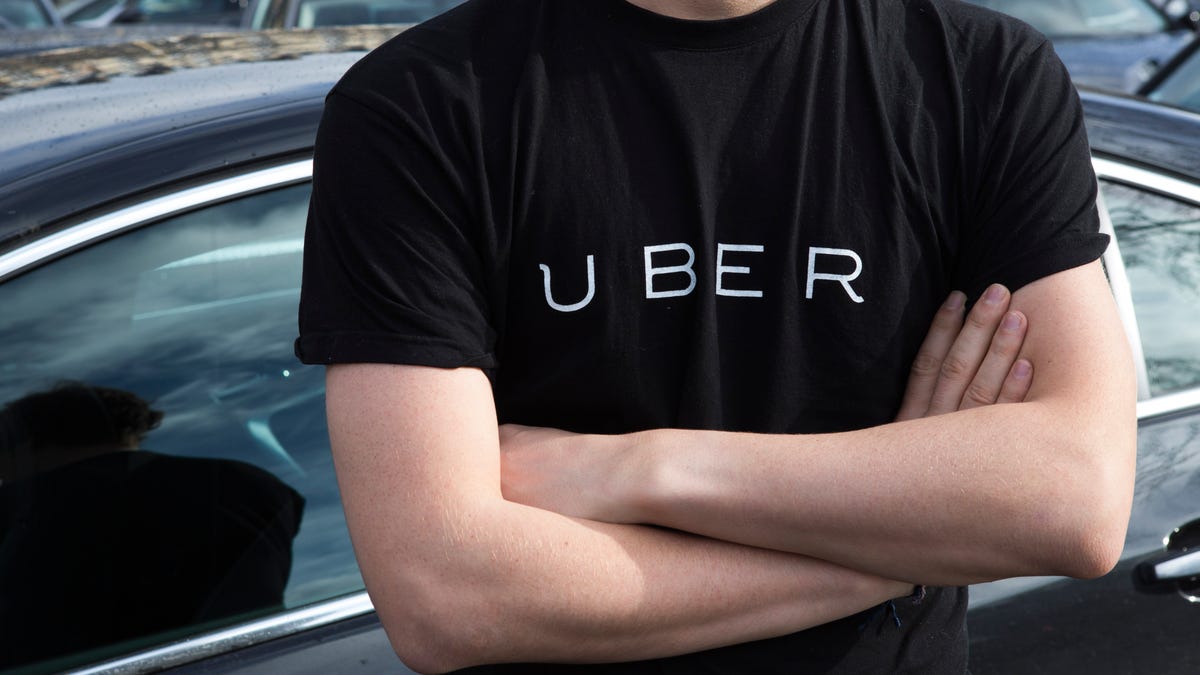Uber gently reminds users they've waived the right to sue
An update to Uber's terms and conditions includes a whole subsection waiving the right to sue in favor of arbitration.

If you become involved in a situation with Uber that might warrant suing, you may have waived your right to sue in favor of arbitration, according to an update to Uber's terms and conditions.
Uber updated its terms and conditions on Monday, adding in a very large wall of text regarding arbitration: "By agreeing to the Terms, you agree that you are required to resolve any claim that you may have against Uber on an individual basis in arbitration, as set forth in this Arbitration Agreement."
It continues: "This will preclude you from bringing any class, collective, or representative action against Uber, and also preclude you from participating in or recovering relief under any current or future class, collective, consolidated, or representative action brought against Uber by someone else." This includes not only passengers of Uber's traditional services, but also users of UberEats and other offshoots.
The terms weren't announced prior to the day they were released. If somebody doesn't read the new terms today, tough tomatoes, he or she is still bound to the words therein. A quick, unscientific poll of CNET editors found that none received an email regarding the updated terms and conditions prior to November 21.
The timing makes this somewhat shady. Uber is currently the defendant in multiple class action and individual lawsuits. Some involve the classification of drivers as either independent contractors, and others involve sexual assault. Adding an arbitration clause could keep future similar issues from making it to court.
Arbitration is a type of dispute resolution that takes place outside the traditional court system. A group -- in this case, the American Arbitration Association -- fields a group of arbitrators who review evidence and subsequently impose decisions. Arbitration does not always require a hearing where both parties are present. Some decisions are made based on the evidence alone.
"The arbitration agreement is not new -- previous versions of the rider Terms have always had some form of class waiver," Uber said in an email. "We expanded the arbitration provision overall to make it more clear and easy to read."
Waiving your right to sue in favor of arbitration is a totally legal thing to do, so long as users agree to those terms, which in the case of Uber means simply using the service. The Electronic Frontier Foundation doesn't like forced arbitration, as there isn't really room for negotiation.
First published Nov. 21, 4.56 p.m. ET.
Update, 6:17 p.m. ET: Added Uber's comment.

